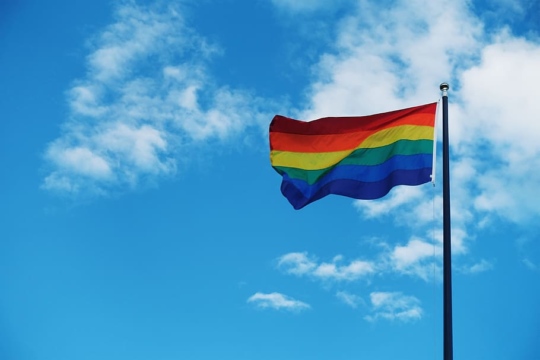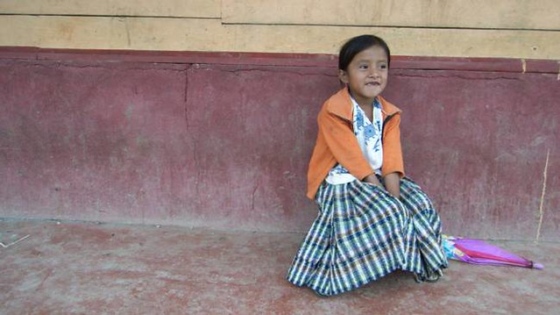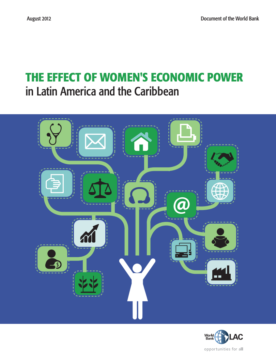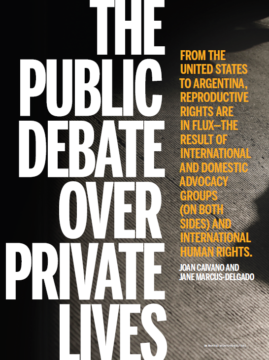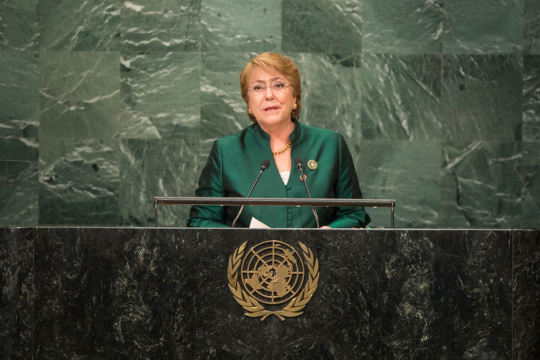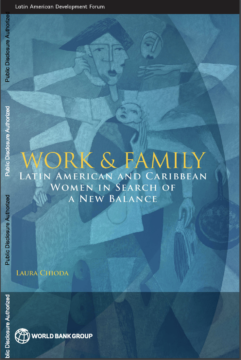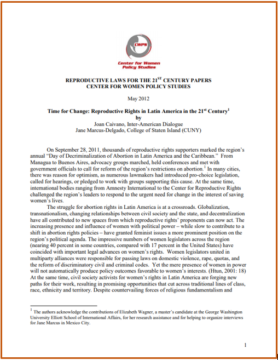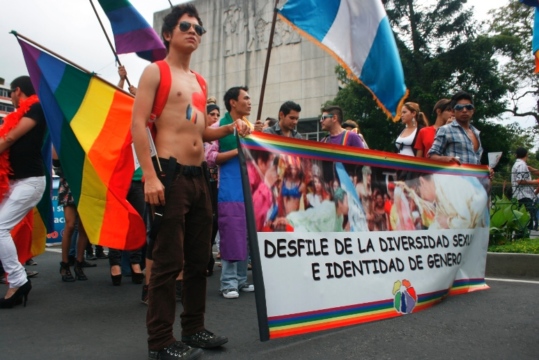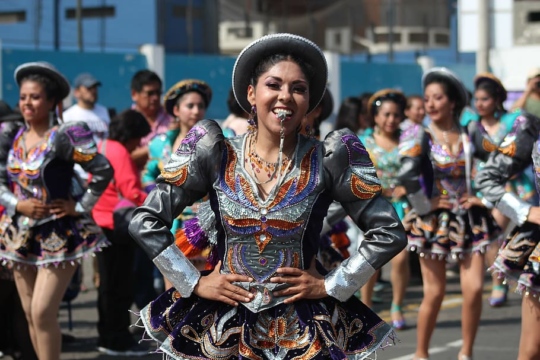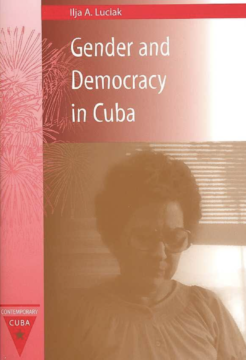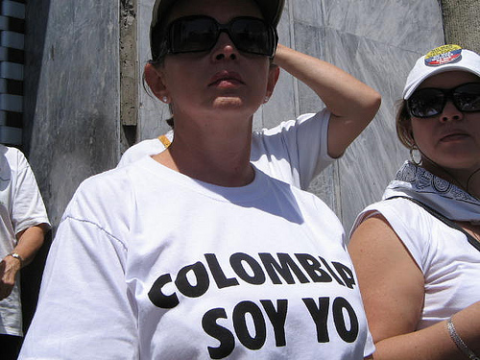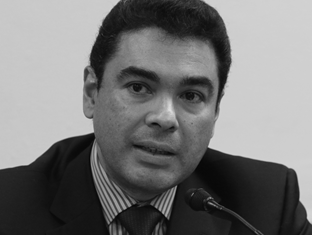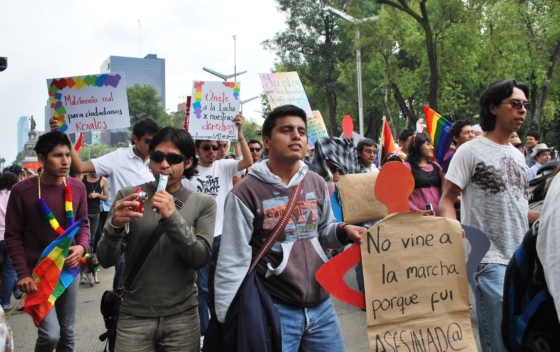
5 LGBT Trends to Watch For in the Americas in 2013
As we look to 2013, here are some of the trends to follow in the hemisphere’s struggle for LGBT rights.
As we look to 2013, here are some of the trends to follow in the hemisphere’s struggle for LGBT rights.
In 2012, the Western Hemisphere continued to make headlines in terms of LGBT (lesbian, gay, bisexual, and transgender) rights.
Education remains the best means to address persistent income inequality based on gender and race in Latin America, argued Hugo Ñopo.
The Inter-American Dialogue hosted a conversation with Louise Cord and João Pedro Azevedo of the World Bank to discuss their brief, “The Effects of Women’s Economic Power in Latin America and the Caribbean.”
In this article of Americas Quarterly, Joan Caivano and Jane Marcus-Delgado look at abortion access and reproductive rights in Latin American countries.
Women’s political and economic participation strengthens democracy, equality and the economy.
Latin America has made significant strides over the past four decades to equalize opportunities for women in education, healthcare, and employment. Yet according to Augusto de la Torre, chief economist for Latin America and the Caribbean at the World Bank, these “first generation” gender gains are leading to second generation challenges that must be addressed to ensure equitable outcomes in the future.
In this report, Joan Caivano from the Inter-American Dialogue and Jane Marcus-Delgado from CUNY analyze the existing reproductive rights landscape in Latin America in the 21st Century.
On March 8, 2012 the Inter-American Dialogue held an exchange with El Salvador’s first lady and secretary of social inclusion Vanda Pignato—who discussed Ciudad Mujer, the country’s imaginative approach to providing needed services to women.
What roles are women playing in Mexico’s brutal drug trafficking war?
On October 20, Javier Corrales, a professor of political science at Amherst College, spoke on lesbian, gay, bisexual, and transgender (LBGT) politics in Latin America at the Inter-American Dialogue.
Women in Latin America have come a long way but aren’t there yet. The legacy of Iberian colonialism, male-centered Catholicism and an undemocratic past all contributed to societies that subjugated women to men.
On May 21, 2010, the Dialogue and the Cuban Research Institute at Florida International University jointly sponsored an event on gender equality in Cuba. Cuba has a solid record on gender equality based on some social indicators, with higher percentages of women involved in politics than most of its Latin American counterparts, but lacks women in the highest tiers of power.
Women are integral to the process of post-conflict reconstruction in Latin America. On Friday, January 23, 2009, a panel of four women leaders from Bolivia and Colombia discussed the role of women in promoting a culture of non-violence and peace-building in the region.
Migration in the Organization for Security and Co-operation in Europe (OSCE) region has become a key engine for economic growth and development and is of significance and importance.
